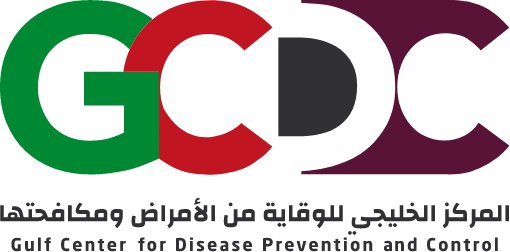Public health information is a strategic area and one of the core activities of the Gulf CDC through which the data on communicable and non-communicable diseases/events are monitored, analyzed, and reported. Public health data are usually collected through disease indicator-based or event-based surveillance, health/behavioral surveys, health/injury registries, and research activities.
Public health information department and its units aim to enable timely collection, integration, and utilization of public health data across key indicators through implementing intelligent disease surveillance, health/behavioral surveys, health/injury registries, and collaborative research across the six member states of the GCC.
The department has three units with three main strategic objectives:
1. Data Governance/Policy unit: that aims to develop and ensure compliance to standardized data collection and sharing policies and protocols for disease surveillance, health/behavioral surveys, and health/injury registries for key indicators across member states. This objective will be achieved through secondary goals such as:
- Collaborate with regional partners to adopt international best practices in health data governance/policy to harmonize approaches to data collection and storage
- Develop data-sharing agreements between the Gulf CDC and member states that specifies compulsory data requirements that comply with in-country policies and regulations
2. Surveillance and Analytics unit: that aims to oversee the development and management of an integrated and accessible surveillance system to monitor disease status, health events, and risks across member states. This objective will be achieved through secondary goals such as:
- Capture diseases, health events, and risks data through leveraging and integrating existing information technology system initiatives as well as other data resources in GCC member states
- Allow for ease of retrieval, search, analysis, visualization, and reporting as well as predicting and modeling diseases and health events in all member states
3. Public health research unit: that aims to leverage data accessibility, advanced technologies, and applicable methodologies to conduct research on critical threats and risks to guide timely public health decision-making


